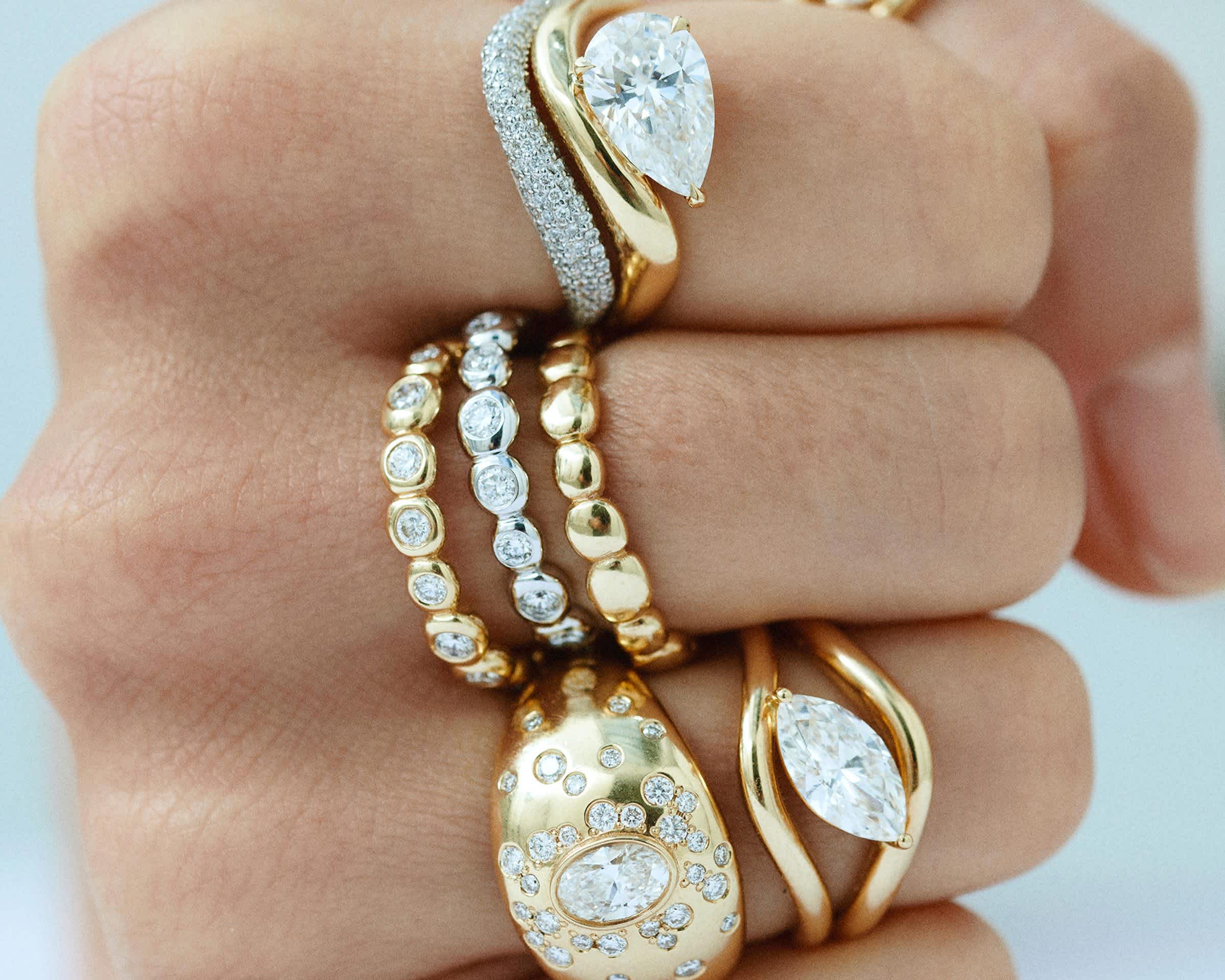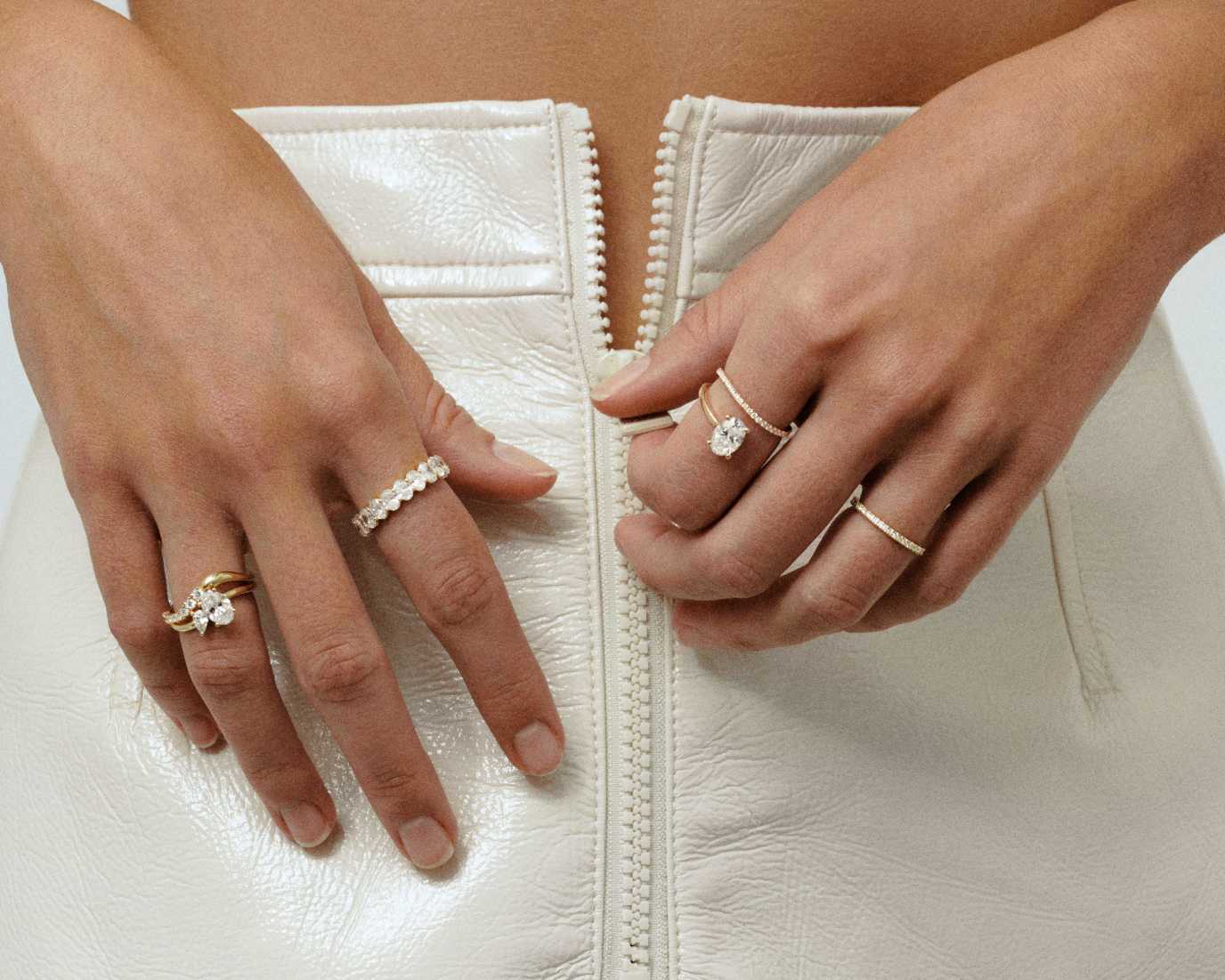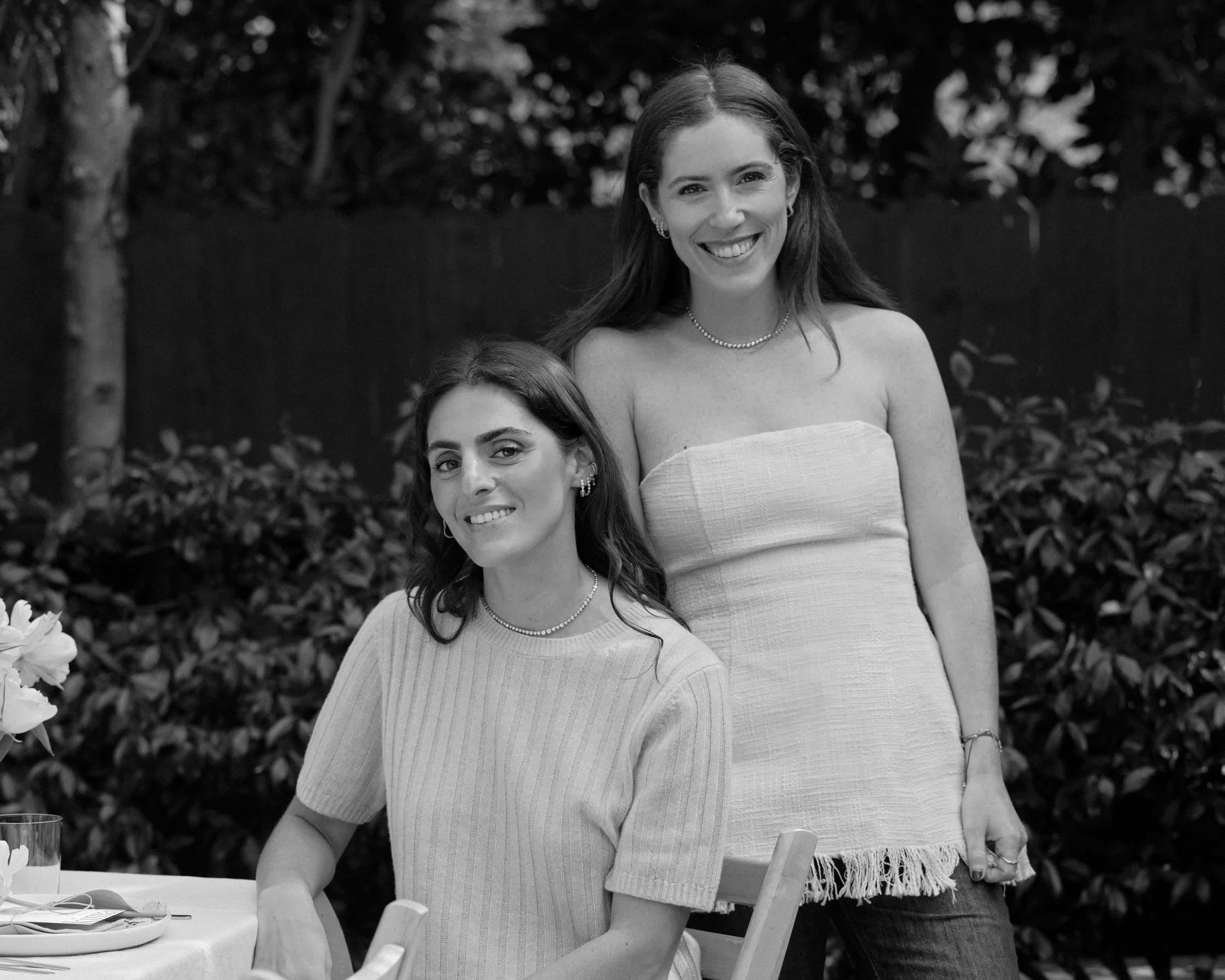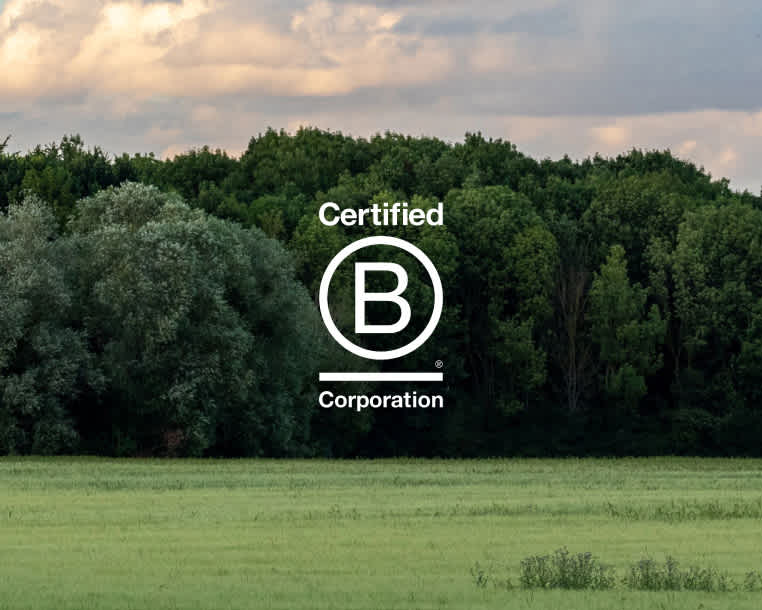Kimai Journal
08 May 2023Is sustainability a luxury we can all afford?
Sustainability is a buzzword that's been thrown around a lot in the past decade and for good reason. We all want to do our part to save the planet, but is living sustainably just a luxury for the wealthy? While some aspects of sustainable living can come with a higher price tag (hello, organic food and solar panels), there are plenty of ways to live more eco-consciously without breaking the bank. Trust me, your wallet (and Mother Earth) will thank you!

Through all industries from food to beauty, ‘sustainable’ options tend to always come with a premium price. We are now faced with a hard decision between ethical and economic choices and with the cost of living increasing it can be tempting to keep the status quo and just keep buying what’s cheaper but not necessarily better.
It's no secret that the fashion industry has a significant impact on the environment. In fact, did you know that the fashion industry produces a whopping 150 billion garments a year, and 87% of these (40 million tons) end up in a landfill? Additionally, only 1% of all discarded clothing is actually recycled. The average person today buys 60 percent more items of clothing than they did 15 years ago, but keep them for only half as long. This fast fashion mentality is not sustainable and contributes heavily to the industry's impact on the environment.
All of these stats may make it seem like living sustainably when it comes to fashion is a luxury only the wealthy can afford. But the truth is, there are plenty of ways to reduce our impact on the environment without breaking the bank. Shopping secondhand or renting clothing, buying high-quality pieces that will last longer are all great options. Plus, by reducing our consumption and being mindful of our purchases, we will ultimately end up with pieces we actually love and cherish that we can always pass down to future generations.
Buying Better
A great place to start is of course by buying better and more responsible products that stand the test of time. That's why at Kimaï we only use lab-grown diamonds and recycled 18k gold to give you the very best quality with little to no impact on the earth. Lab-grown diamonds are identical to their mined counterparts but displace 0 tonnes of earth to create and the minimal amount of water used to create them is in a closed system ( meaning it gets reused each time).
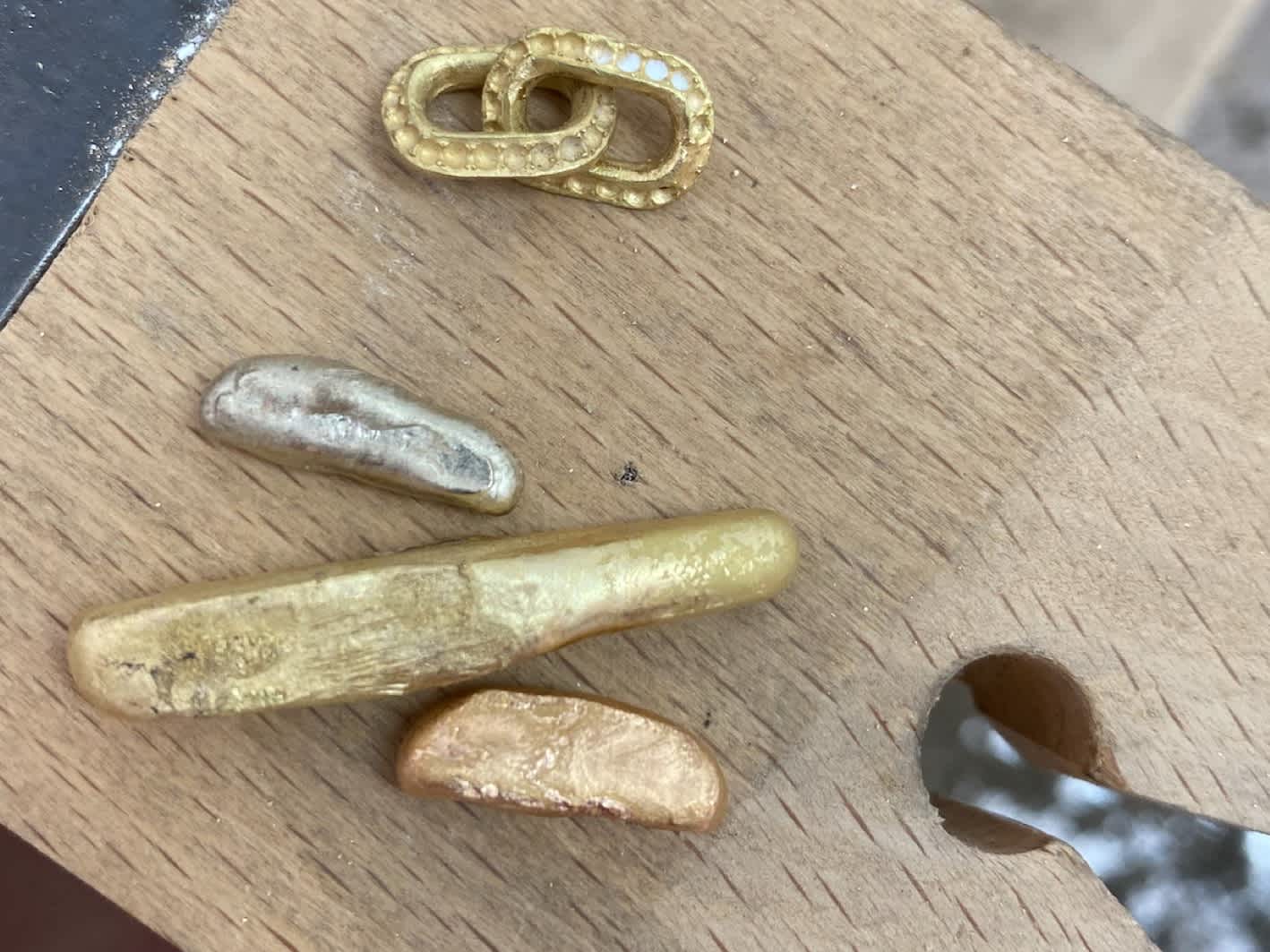
Rent, Recycle and Reuse
Have something you've fallen out of love with? Why not rent it or sell it instead of sending it on a one-way trip to landfill? There are many places like Hurr or By Rotation, you can set up an account and start making the clothes you no longer wear work for you.
Something a little sparklier you no longer wear? Jewelry is actually one of the only products that can be completely recycled. You can always use our Second Life service to bring new life to the pieces you no longer wear into something you will.
Little Changes, Everyday
Here are a few tips that don't break the bank that are a great ( and affordable) way of edging to a more sustainable way of living:
Reducing your energy consumption is a great way to save money and reduce your carbon footprint. So turn off those lights when you leave the room, switch to energy-efficient light bulbs, and adjust your thermostat accordingly.
Reduce waste. Recycling, composting, and saying "no thanks" to single-use plastics
Researching brands that have quality materials and are being responsible in the way they manufacture and distribute their goods
The long and short of it is, living sustainably doesn't have to be a luxury. By being mindful of our purchases and making sustainable choices, we can do our part to reduce the industry's negative impact on the planet.
